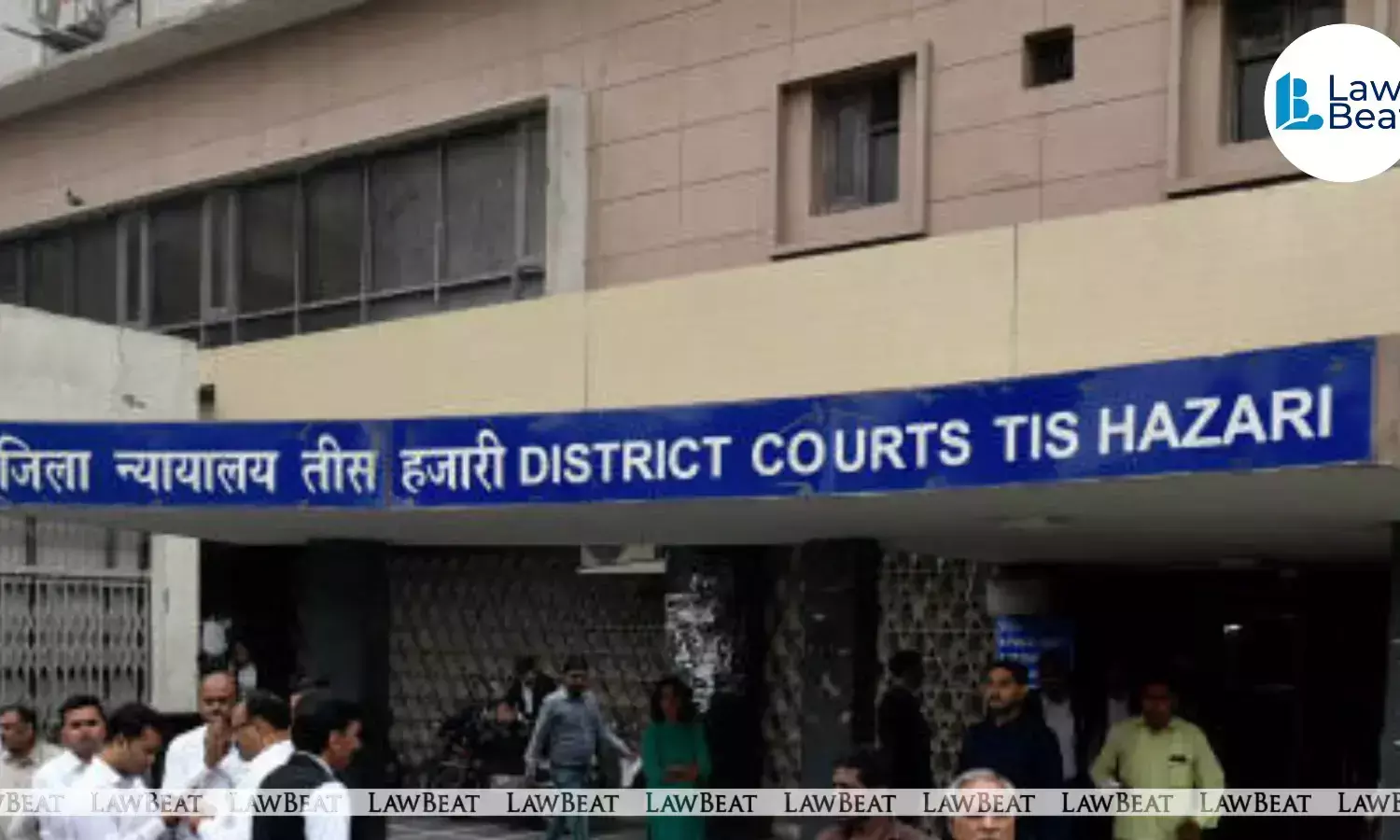Delhi Court Discharges Accused in Income Tax Evasion Case Over Unauthenticated Foreign Documents

Court Cites Lack of Authentication in Foreign Papers While Discharging Accused in Tax Case
A Delhi court has discharged an accused, in a prosecution launched by the Income Tax Department for alleged tax evasion and false verification under Sections 276C(1) and 277 of the Income Tax Act, 1961.
The case, registered as Income Tax Office vs Poonam Jain (CT. Cases 5868/2018), pertained to allegations of undisclosed offshore holdings and concealment of income for the assessment year 2009-10.
The order was passed by Ms. Arjinder Kaur, Additional Chief Metropolitan Magistrate (Special Acts), Central, Tis Hazari Courts, Delhi, observing that the complainant department had failed to produce admissible evidence, the court held, “The evidence brought by the complainant during pre-charge evidence cannot be said to be such that the same will result in conviction of the accused if it remains unrebutted.”
The Income Tax Department had alleged that the accused was a shareholder and beneficial owner in M/s Armoric Management Pte Ltd, a company incorporated in the British Virgin Islands (BVI), and that she maintained a bank account with UBS AG, Singapore. The department claimed to have received information from the International Consortium of Investigative Journalists (ICIJ) website showing Jain’s offshore interests.
Following this, the Foreign Tax and Tax Research (FT&TR) Division of the Central Board of Direct Taxes (CBDT) sought confirmation from BVI and Singapore authorities under the Indo-BVI Tax Information Exchange Agreement and the Indo-Singapore Double Taxation Avoidance Agreement.
According to the prosecution, replies received from foreign authorities revealed that Jain was the beneficial owner and authorised representative of the company’s UBS Singapore account. It was alleged that she denied this during her statements recorded under Sections 132(4) and 131 of the Income Tax Act, thereby attempting to evade tax and making false statements.
The complaint charged her under Sections 276C(1) and 277 of the Income Tax Act, and Sections 181, 191 and 193 of the Indian Penal Code.
The accused sought discharge contending that the prosecution had failed to bring any admissible evidence on record. Her counsel argued that the case was based entirely on unauthenticated foreign documents and online data without any primary or certified proof. It was submitted that the documents from BVI and Singapore were mere photocopies, marked “OSR” (originals seen and returned), and were neither original records nor certified copies authenticated in accordance with Indian law.
The defence further pointed out that the complainant had invoked Section 279B of the Income Tax Act without actually possessing the original documents, contrary to the standards required by the Indian Evidence Act, 1872.
The court accepted these contentions, holding that the prosecution had not established the authenticity or admissibility of the alleged foreign documents under Sections 62 to 65 and 78(6) of the Evidence Act. It held that photocopies of foreign documents could not be treated as secondary evidence unless the existence and custody of the originals were proved and non-production adequately explained.
The court also noted that no authentication had been obtained through diplomatic channels as required under the Diplomatic and Consular (Oaths and Fees) Act, 1948.
The court further observed that the Indo-BVI Agreement relied upon by the prosecution applied only to taxable periods beginning on or after August 22, 2011, whereas the case related to earlier assessment years. It noted that the complainant had “wrongly invoked the Indo-BVI Agreement while ignoring its express limitation,” and that the documents furnished by the foreign authorities lacked depositions or authenticated copies of original records as required under Article 5 of the Agreement.
On the charge of attempted tax evasion under Section 276C(1), the court found that the prosecution had failed to quantify the alleged tax sought to be evaded, which is an essential element of the offence. It stated that “no concrete evidence or assessment was produced to determine the actual amount of tax allegedly evaded,” making it legally impossible to ascertain whether the higher or lesser punishment clause applied.
As for the charge under Section 277 of the Income Tax Act, the court found that the prosecution had not established that the accused knowingly made false statements. Since the documents relied upon were unauthenticated and inadmissible, the charge of false verification could not be sustained.
Relying on the precedents in Suresh Khullar v. Vijay Khullar (2008 DLT 685) and Ajoy Kumar Ghosh v. State of Jharkhand (2009) 14 SCC 115, the court reiterated that in a warrant case instituted on a complaint, charges can only be framed if the pre-charge evidence, when left unrebutted, would result in conviction.
Since the complainant had not proved the documents as per the Indian Evidence Act and had not conducted any assessment to establish tax evasion, the court concluded that no prima facie case was made out.
Accordingly, Poonam Jain was discharged of all offences under Sections 276C(1) and 277 of the Income Tax Act, 1961, and Sections 181, 191 and 193 of the Indian Penal Code.
Counsel appearing: Adv. Kanhaiya Singhal, SPP for the complainant, Adv. H.S. Bhullar, Counsel for accused, Adv. Yashi Gupta, Proxy Counsel for accused
Case Title: Income Tax Office v. Poonam Jain
Court: Ms. Arjinder Kaur, ACMM (Special Acts), Central, Tis Hazari Courts, Delhi
Date of Order: October 15, 2025
